
Join 10k+ people to get notified about new posts, news and tips.
Do not worry we don't spam!
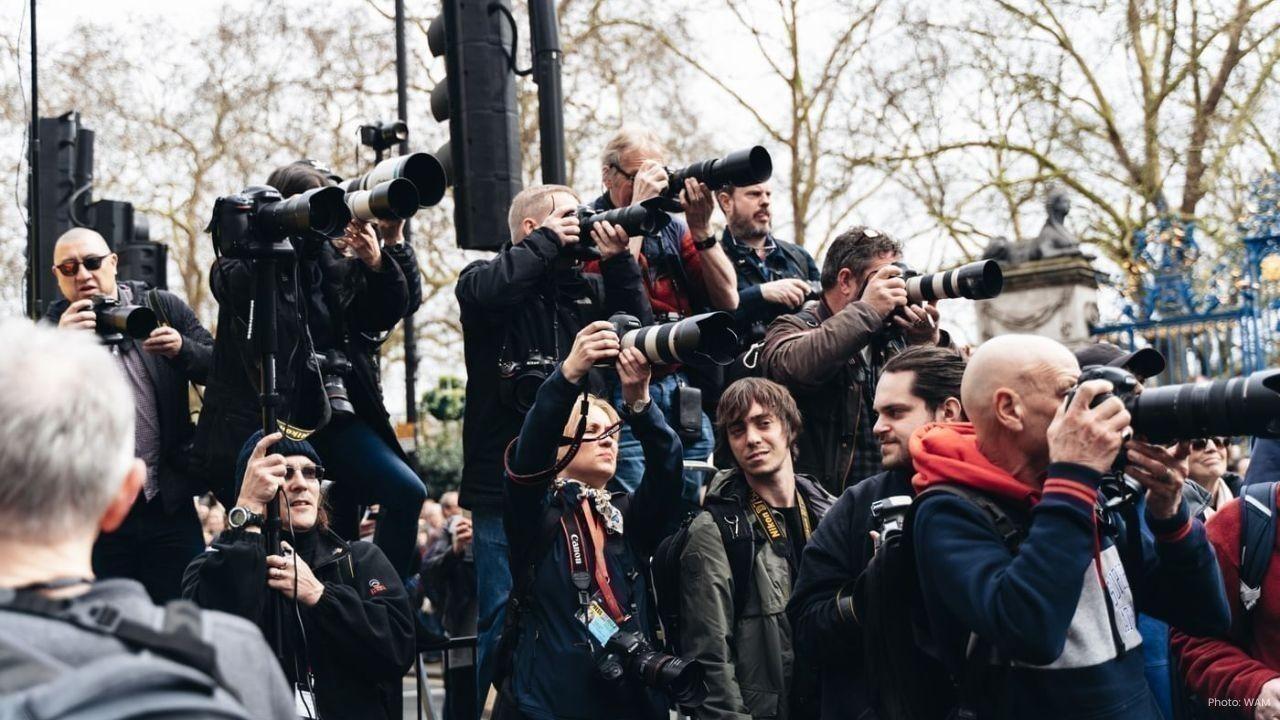
Post by : Raman
The European Centre for Press and Media Freedom (ECPMF) has revealed a worrying state of press freedom in Europe. In its latest semi-annual Monitoring Report covering January to June 2025, the Centre recorded 709 violations of press freedom. These violations affected 1,249 media professionals and journalistic organizations across 36 countries, including European Union member states and candidate countries.
The report highlights an increasingly hostile environment for journalists. Threats come from many directions, both online and offline, making it harder for media professionals to report freely and safely.
The ECPMF’s findings are based on its Mapping Media Freedom database. This system collects detailed information about threats and violations affecting journalists. The report identifies several key challenges:
Verbal assaults: Including death threats, intimidation, and smear campaigns.
Physical attacks: Assaults on journalists or attacks on media offices.
Property damage: Vandalism or destruction of equipment.
Legal harassment: Misuse of laws to intimidate or silence journalists.
Censorship and interference: Restricting media coverage of certain events.
The report emphasizes that online attacks are now the most common threat. Social media platforms, messaging apps, and other digital channels are increasingly used to harass journalists, spread false information, or threaten them.
Journalists also face risks while covering protests, demonstrations, public events, or legal proceedings. In these situations, confrontations with the public, authorities, or counter-protesters can escalate quickly.
The report identifies the sources of threats. Interestingly, private individuals were responsible for 22% of incidents, including radical groups or angry citizens. Government officials and public authorities accounted for 21% of violations, showing that journalists face pressure not only from the public but also from those in power. Police and state security forces were responsible for 12% of attacks, highlighting that even law enforcement can sometimes be a source of harassment.
The report also points to rising concerns over foreign agent laws and disinformation campaigns. Some countries have introduced laws requiring media organizations that receive foreign funding to register as foreign agents.
While presented as national security measures, these laws are increasingly used to target independent media. Journalists or media outlets accused of receiving foreign funding may face harassment, legal action, or public discrediting campaigns. Disinformation narratives often aim to make the public distrust foreign-funded media, even when reporting is accurate. This creates a challenging environment for independent journalism.
These violations affect both journalists and media organizations. Threats, legal pressures, and financial challenges can make reporting difficult. Small or independent media outlets are particularly vulnerable.
Many journalists face repeated threats, harassment, or legal action. Persistent pressure can lead to self-censorship, where reporters avoid certain topics for fear of retaliation.
This hostile environment also harms the public. When journalists are threatened or silenced, society loses access to independent and reliable information. Press freedom is essential for democracy, as it ensures transparency, accountability, and informed citizens.
Protecting press freedom requires action from multiple stakeholders:
Governments: Must ensure laws protect journalists and allow free reporting.
Law enforcement: Should safeguard journalists instead of threatening them.
Media organizations: Need to invest in security and support for staff.
Civil society: Citizens and advocacy groups can speak out and support press freedom initiatives.
The ECPMF’s semi-annual report paints a serious picture. With 709 violations affecting 1,249 journalists in just six months, urgent action is needed.
Online harassment, verbal threats, legal pressures, and restrictive laws create a difficult environment for journalists. Foreign agent laws and disinformation campaigns further threaten independent reporting.
Protecting press freedom is vital not only for journalists but also for society. Independent media ensures that governments are accountable, citizens are informed, and democracy functions properly. Without strong protection, Europe risks weakening the foundations of a free and open society.
The report is a reminder that press freedom is not guaranteed. It must be actively protected. Governments, media organizations, and society must work together to ensure that journalists can perform their work safely, accurately, and without fear of retaliation.
Europe’s future as a democratic and transparent society depends on the safety and independence of its journalists. Ensuring press freedom now will help maintain informed societies and resilient democracies for generations to come.
Europe press freedom, ECPMF report, journalist safety, media threats Europe, online harassment journalists
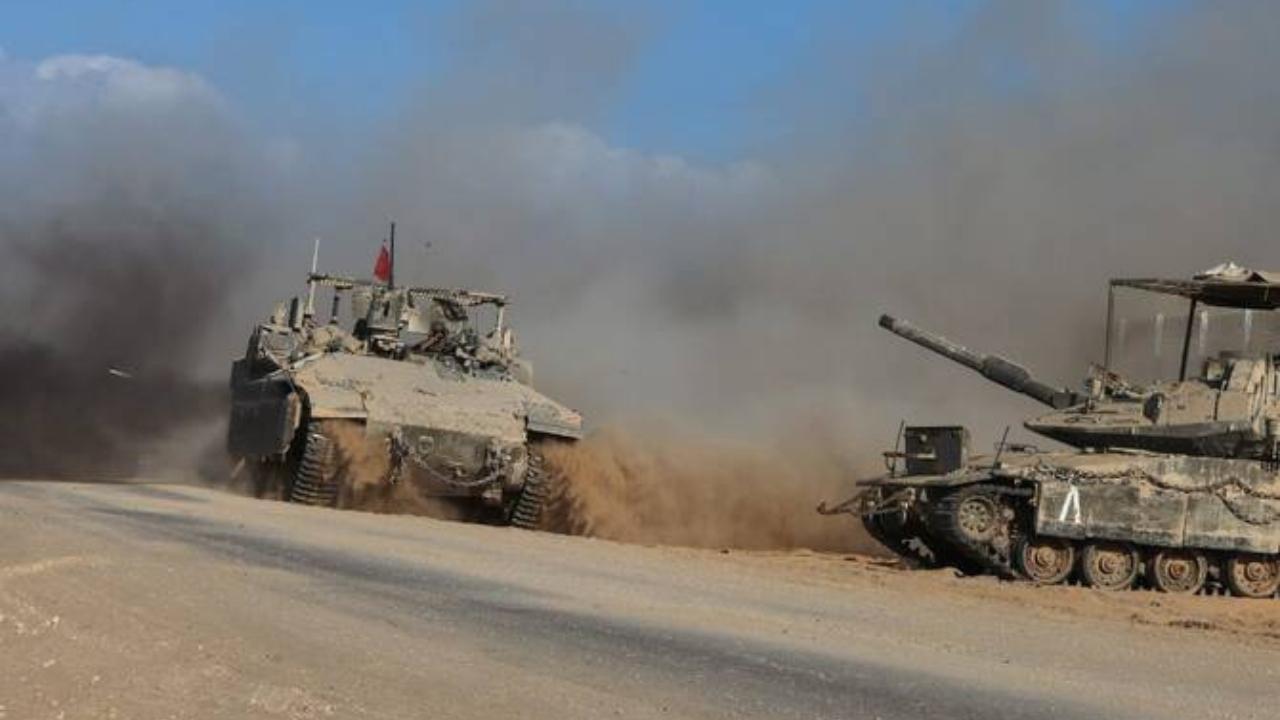
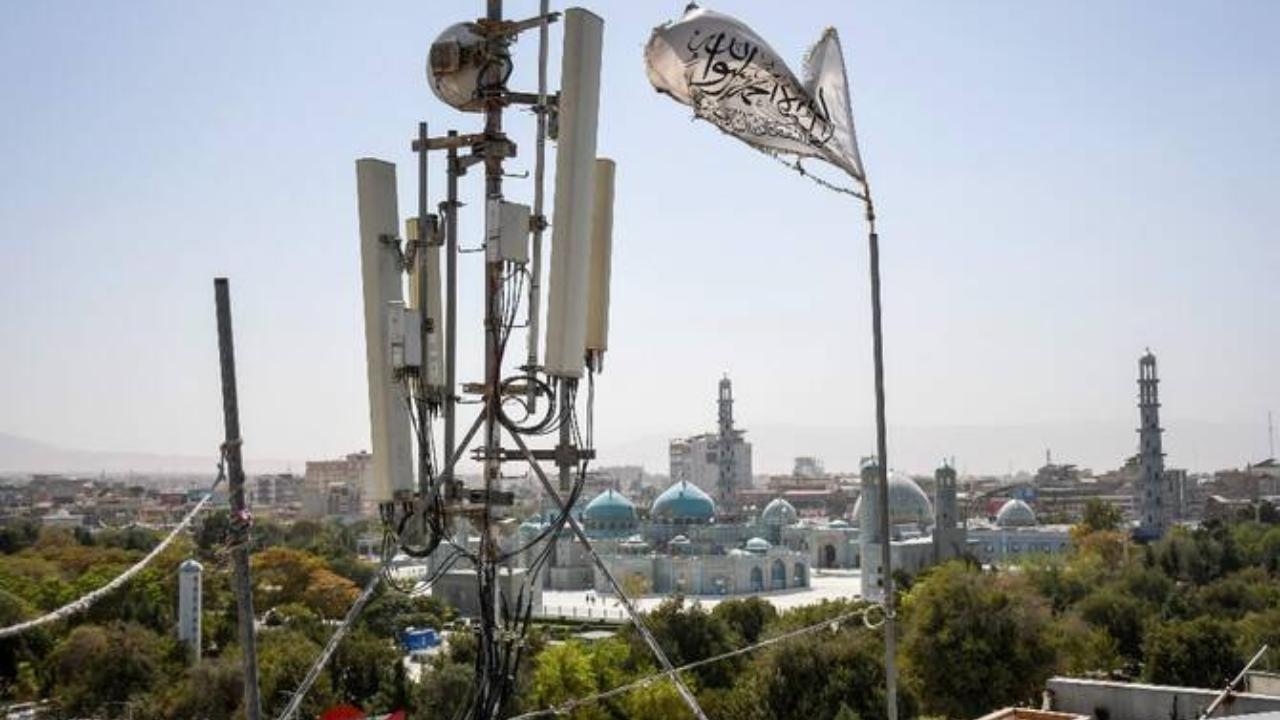
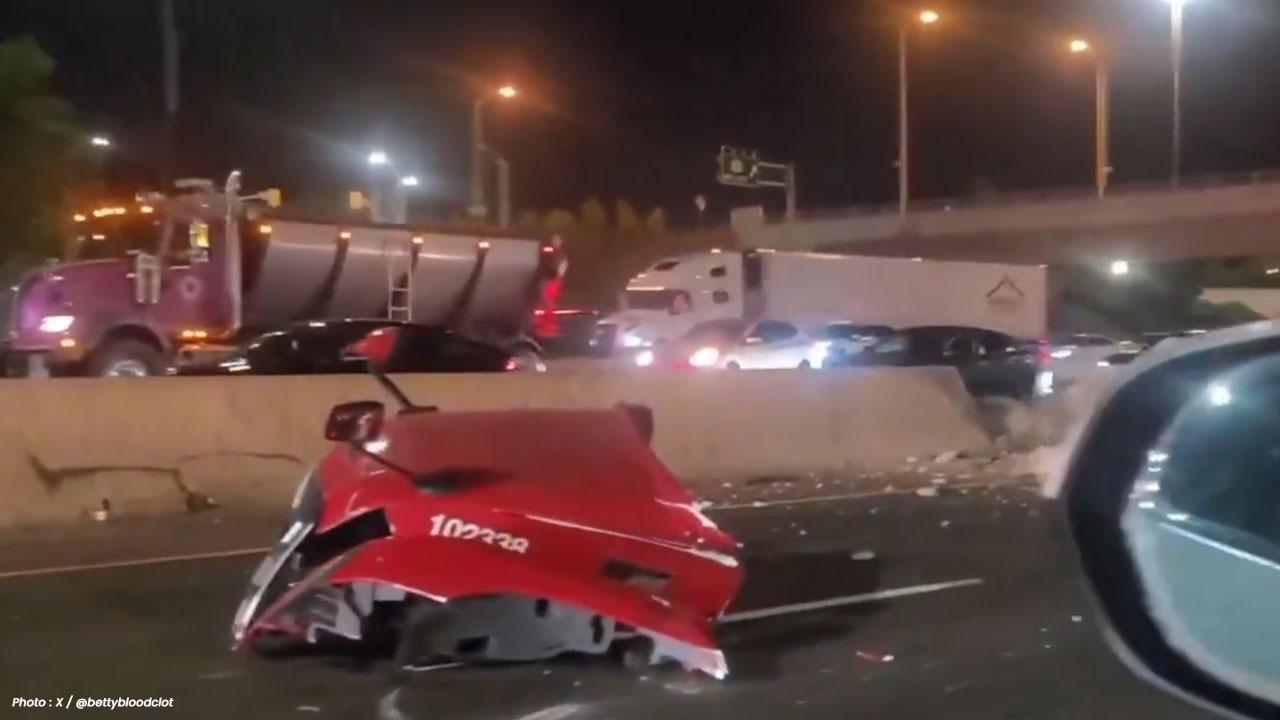
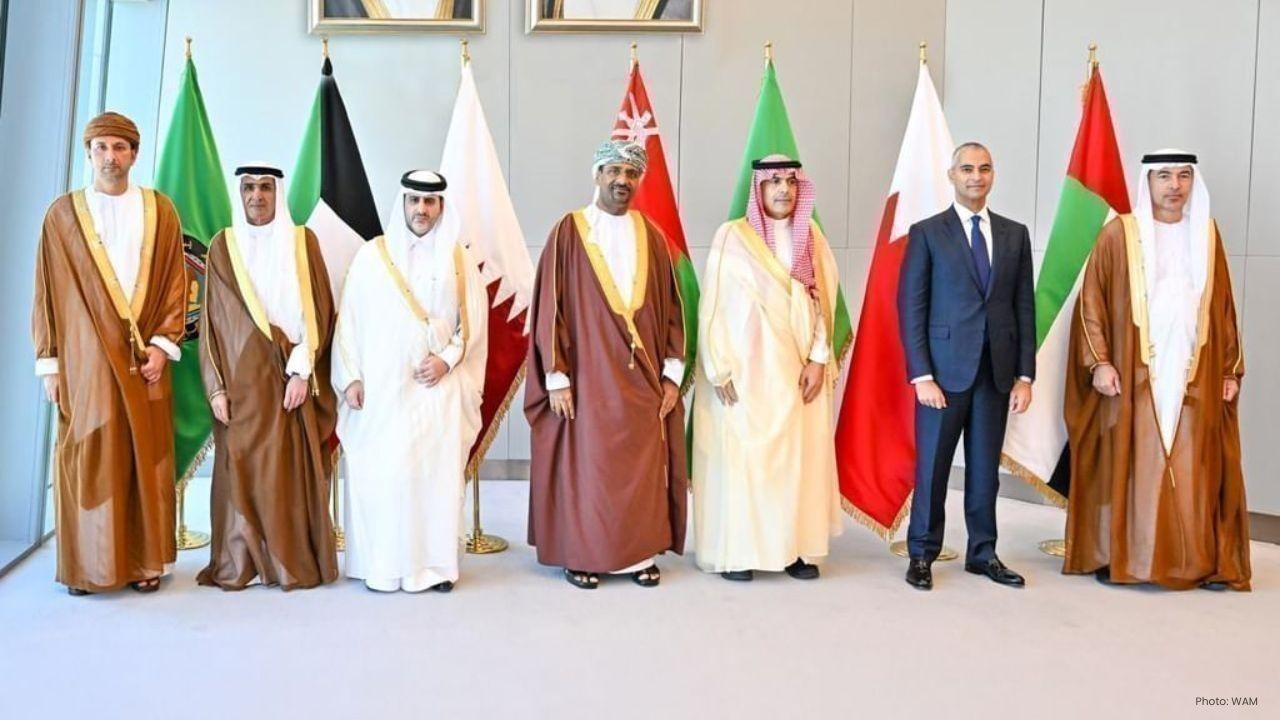



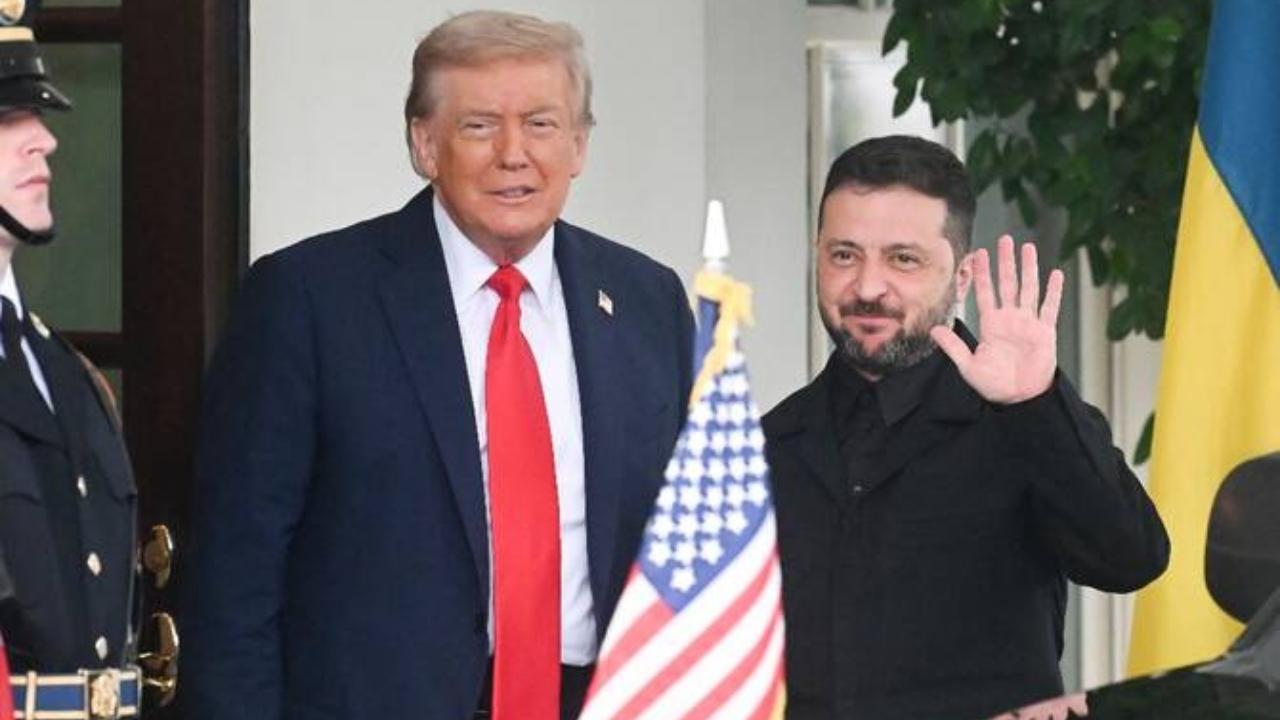
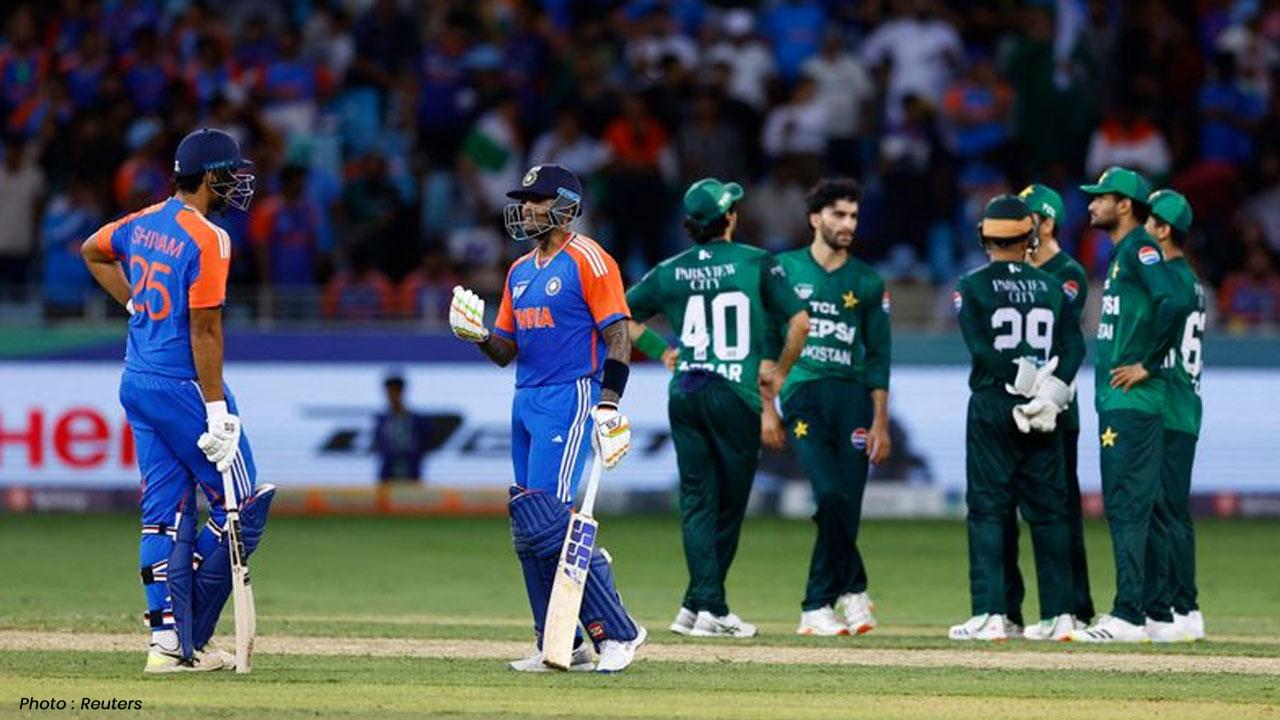

Israel Expands Gaza City Operation, Residents Told to Leave
Israel widens Gaza City operation, urges residents to evacuate soon.

Taliban Bans WiFi in Afghan Province to Stop Immorality
Taliban bans WiFi in Afghan province, citing rise in immorality.

Trump may meet Zelensky next week to push for peace talks
Trump and Zelensky may meet next week to hold fresh peace talks.
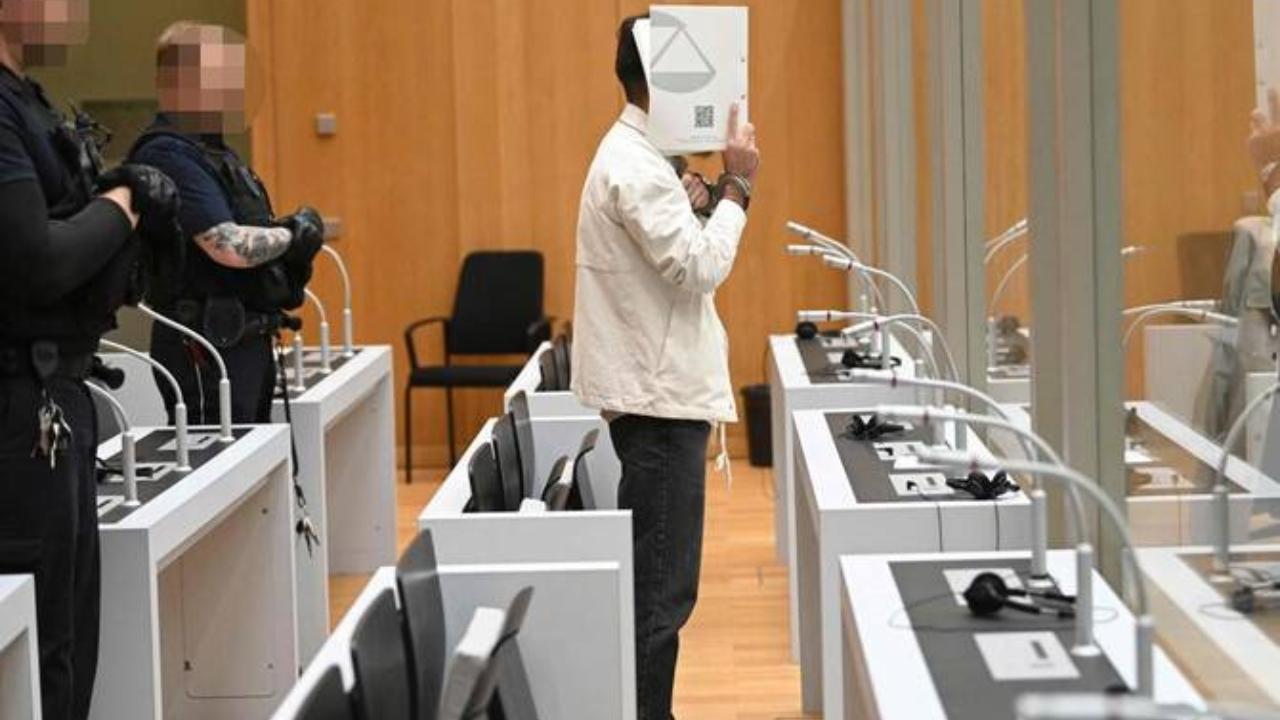
Afghan Man Gets Life Sentence in Germany for Rally Stabbing
Afghan man sentenced to life in Germany over fatal rally stabbing.

Google Gemini AI Saree Trend Goes Wrong, Users Report ‘Creepy’ Edits
Google Gemini’s Nano Banana AI saree selfies trend sparks safety concerns as some edits appear creep
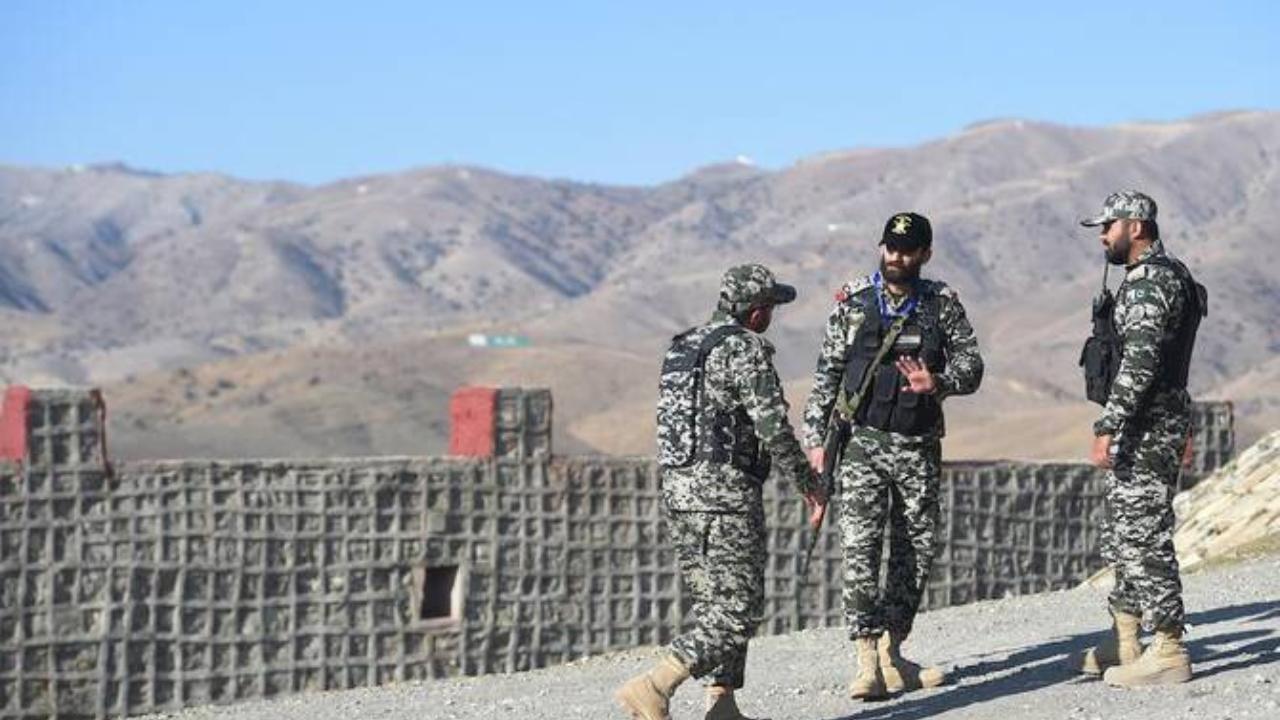
Pakistan Army Kills 31 Militants as Security Operations Rise
Army kills 31 militants amid rising presence and crackdown
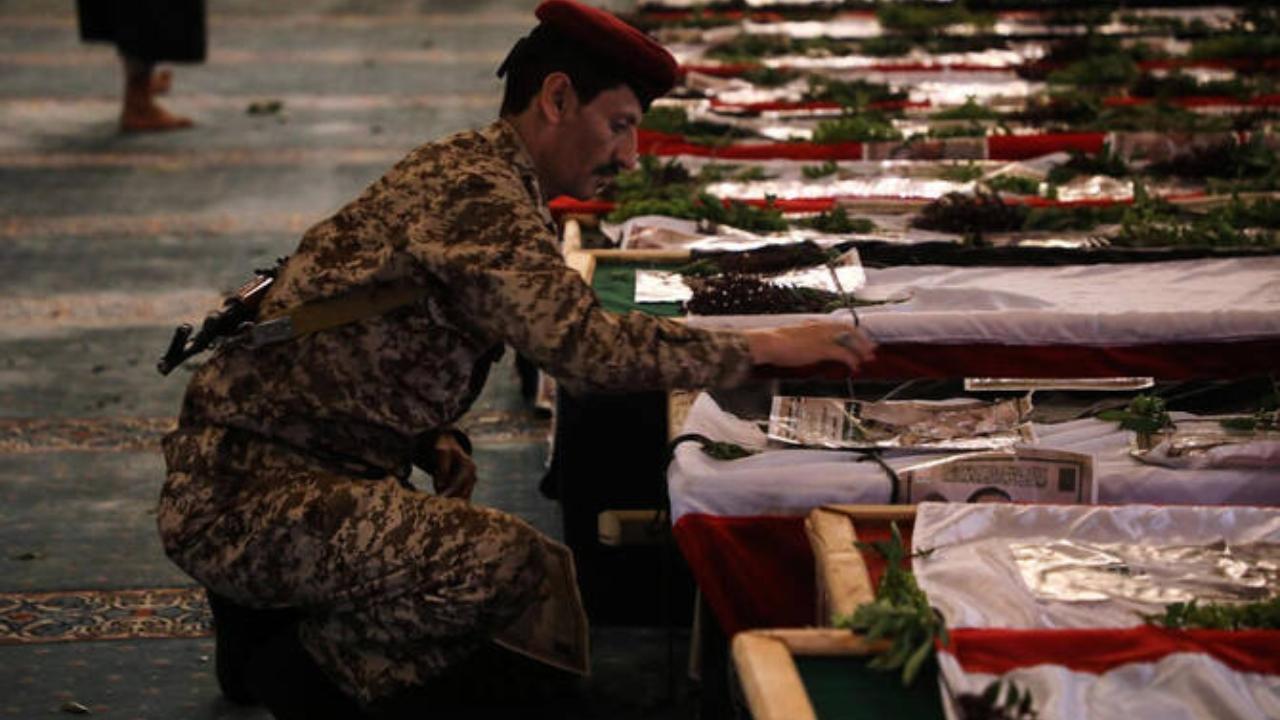
Hundreds Mourn Yemeni Journalists Killed in Israeli Airstrikes
Funeral held for 31 Yemeni reporters killed in Israeli strikes.
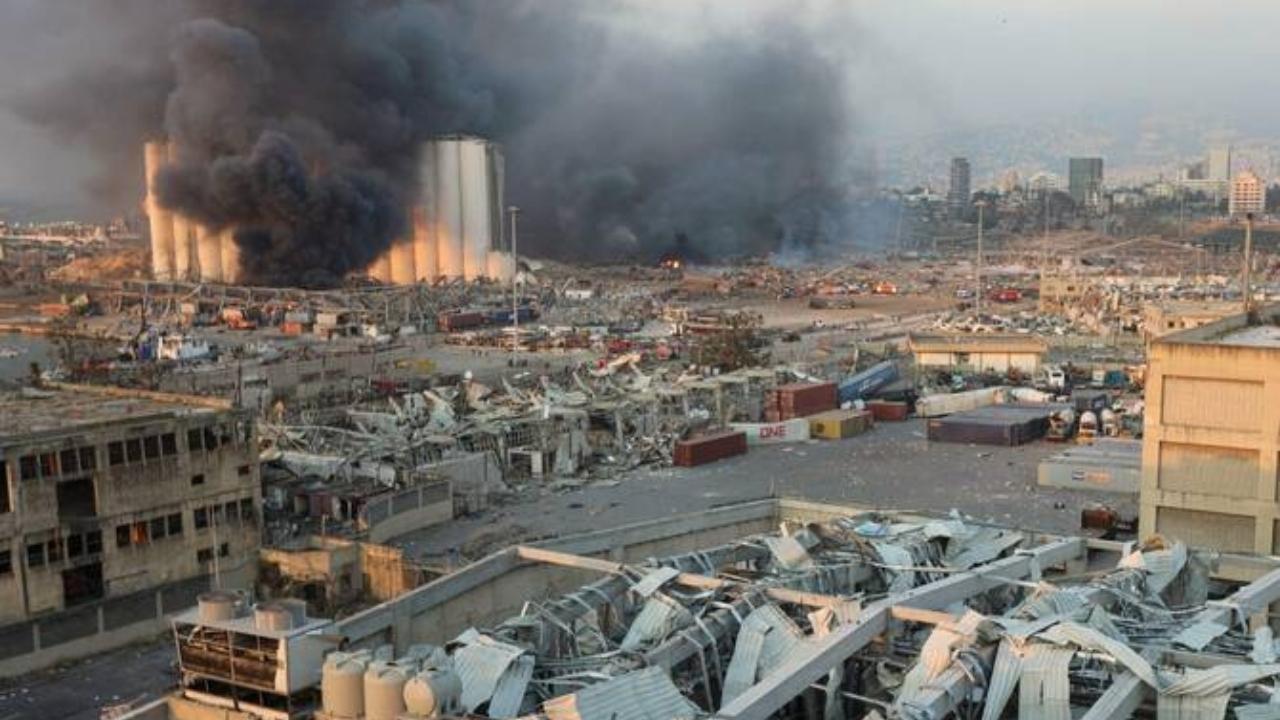
Shipowner Tied to Beirut Port Blast Arrested in Bulgaria
Owner tied to Beirut blast caught in Bulgaria after long search.